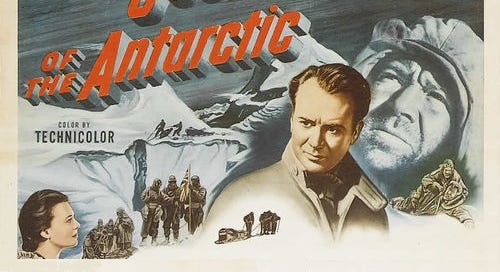I was a very small boy when I first read the story of Captain Robert Falcon Scott’s doomed expedition to the South Pole. Five years old, no more; my mother and father had just bought the World Book Encyclopedia, which I ran through, and I still have it, because there was nothing like its maps and its intelligent but child-friendly descriptions of every…
Keep reading with a 7-day free trial
Subscribe to Word & Song by Anthony Esolen to keep reading this post and get 7 days of free access to the full post archives.



